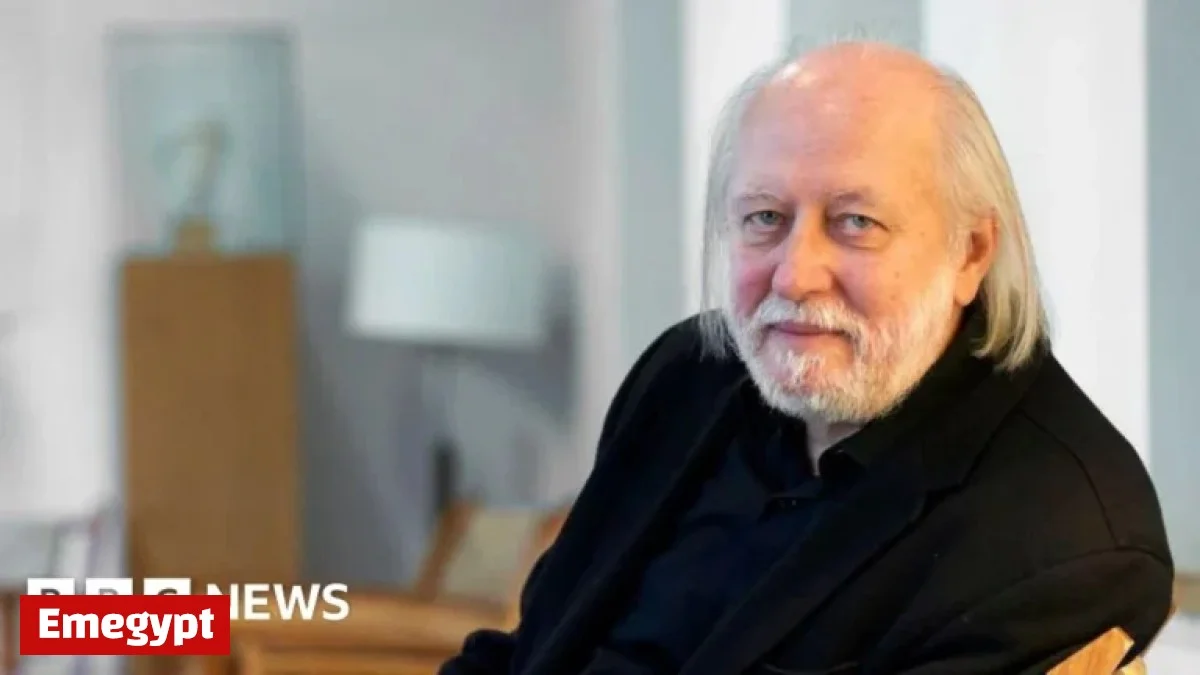
Nobel Prize in Literature 2023 Celebrates Hungarian Author László Krasznahorkai
Revisiting László Krasznahorkai’s Acclaimed Literary Journey
Renowned Hungarian author László Krasznahorkai has been awarded the Nobel Prize in Literature for 2023, recognized for his “compelling and visionary oeuvre that, in the midst of apocalyptic terror, reaffirms the power of art.” Speaking to Sveriges Radio, Krasznahorkai expressed a mix of calmness and nervous excitement upon receiving the news from the Swedish Academy.
Literary Legacy and Achievements of Krasznahorkai
Born in 1954, Krasznahorkai gained international fame with his debut novel “Satantango,” a postmodern work about the end of the world. The novel, published in 1985, became a “literary sensation” praised by the Swedish Academy, and was later adapted into a sevenhour blackandwhite film by director Bela Tarr.
With a career spanning five novels, Krasznahorkai has received numerous accolades, including the 2015 Man Booker International Prize and the 2013 Best Translated Book Award in Fiction. His works are characterized by an exploration of reality pushed to its limits, drawing inspiration from his experiences under communism and his extensive travels.
Influential Works by László Krasznahorkai
Krasznahorkai’s literary contributions include the philosophical and dystopian “The Melancholy of Resistance” (1989) and the intriguing “Seiobo There Below” (2008). His novel “Herscht 07769,” published in 2021, offers a profound narrative of social unrest in prepandemic Germany, focusing on a small town in Thüringen grappling with anarchy, murder, and arson.
- “Satantango” A postmodern debut depicting apocalyptic themes.
- “The Melancholy of Resistance” Notable for its philosophical depth.
- “Seiobo There Below” A narrative exploring time and eternity.
- “Herscht 07769” A contemporary German novel on social anarchy.
Krasznahorkai’s Return to Hungarian Roots in “Zsömle Odavan”
In his recent satirical novel, “Zsömle Odavan,” Krasznahorkai returns to his Hungarian roots, with a story centered on 91yearold Uncle Józsi Kada, who harbors a secret claim to royalty. The character’s journey evokes reflections on identity and the lengths one goes to remain hidden from the world.
Nobel Prize Highlights and Historical Context
The Nobel Prize in Literature has been awarded 118 times since its inception in 1901, with only 18 recipients being women. Last year’s award recognized South Korean author Han Kang for her intense poetic prose addressing historical traumas and the fragility of human life. Krasznahorkai is the second Hungarian to receive this honor, following Imre Kertesz in 2002.
The prestigious Nobel Prize will be presented to Krasznahorkai in a formal ceremony this December in Stockholm, acknowledging the significant impact of his literary contributions on global literature.
